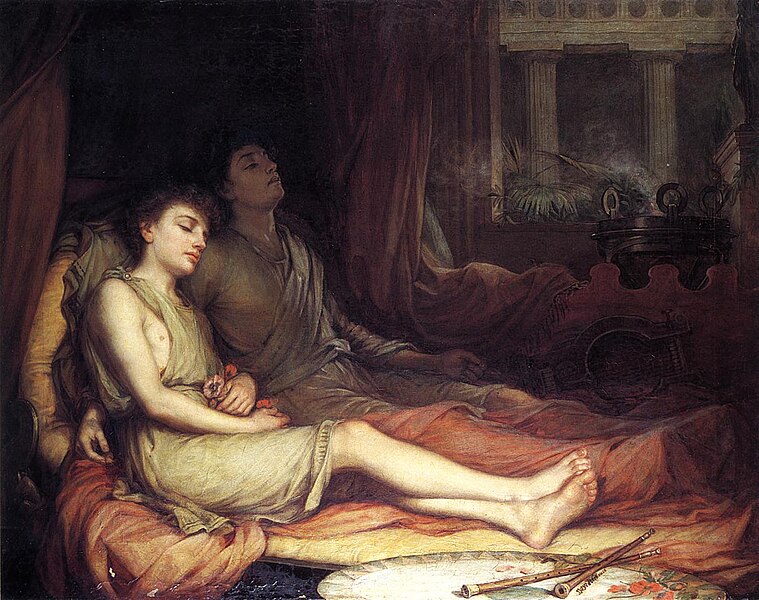Fascinating video, very interesting that such old seeds would germinate.
But there is a seriously anti-Christian undertone in the narrative that I had to look into, and it's raised a lot of questions. The ladies in the video state that the date palms were deliberately destroyed by the Crusaders. So I went looking for evidence for that.
And I can't find anything at all other than the words of these same women, quoted by everybody else!
In fact, the
background discussion to the Wikipedia article on the trees is fascinating, because there are people who have tried to investigate the same thing there. The general takeaway from that discussion seems to be:
- Nobody can find any historic reference to a "judean date" as a unique thing recognised in the ancient world. They're just regular date trees, same as grew in the whole wider region. These ones just happen to have been grown from seeds from Masada.
- There is absolutely no evidence the tree was wiped out by the Crusaders - or the Romans, or anyone else. Rather, it just stopped growing there due to desertification and climatic changes.
So these ladies have managed to get some ancient seeds growing again, and that is fascinating and of scientific interest for many reasons. Genetic comparisons with modern dates are being conducted and will no doubt help people to understand the historical development of date cultivars, for instance. They're already being crossbred with Egyptian dates.
But the story in the video seems to be fake, and damaging. The date palms were no more unique than any other fruit cultivar, and were not destroyed by the Crusaders (as far as I can find out). Why would you make up such a story? The only reason I can find is to say "Christians have been historically terrible to the Jews for no reason - look, they even wilfully destroyed their date palms just to be mean - so you better all now support the State of Israel as penance". It's political messaging.
Why does the growing of an ancient seed have to be interpreted through the lens of a fake and politically loaded historical narrative? Isn't growing a 2000-year-old seed interesting enough in itself?


